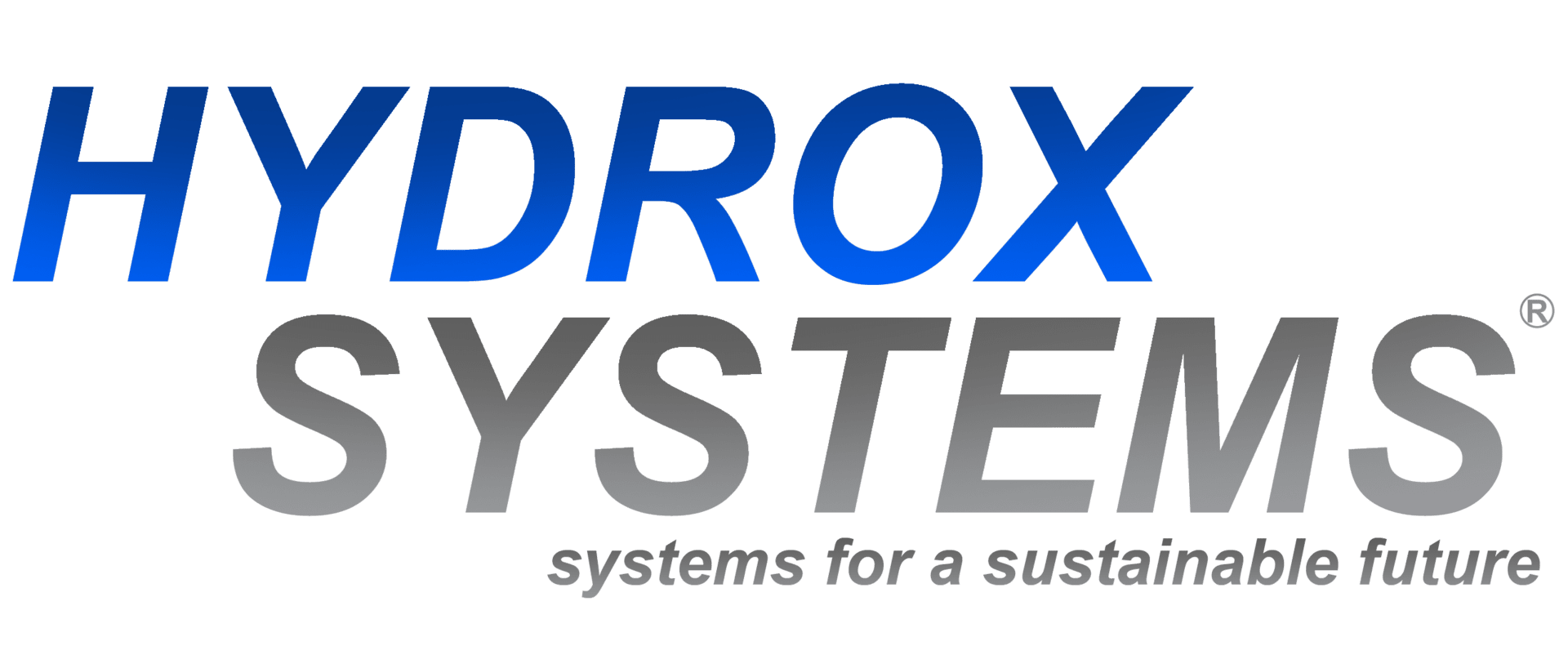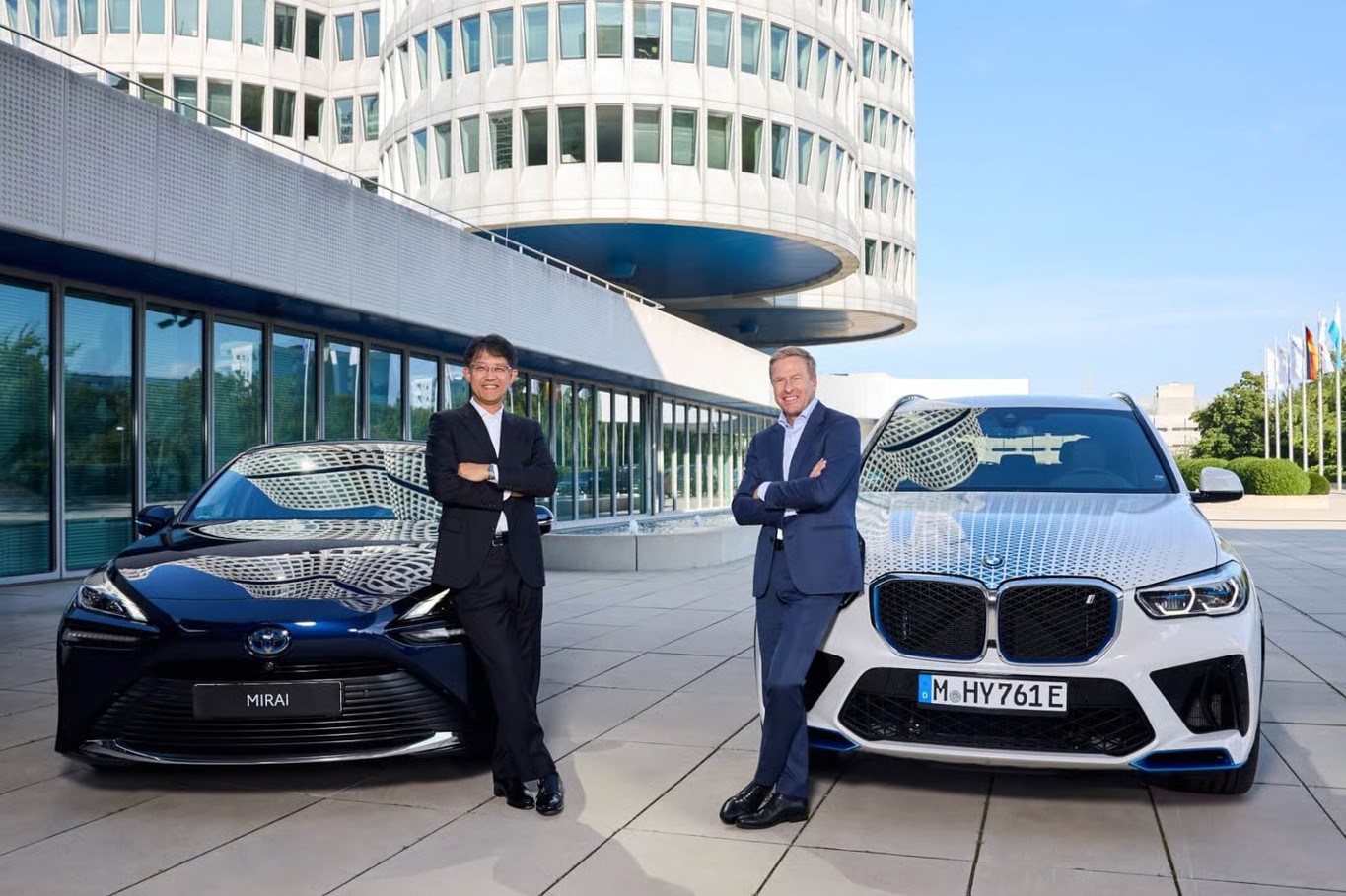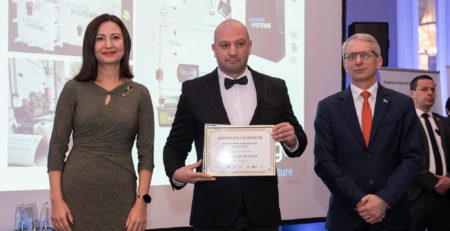BMW and Toyota to Unveil Revolutionary Hydrogen FCEV in 2028
BMW and Toyota Revealed Their Plans For Revolutionary Hydrogen FCEV in 2028
In a groundbreaking move that could reshape the automotive industry, BMW has announced its plans to launch its first series-production hydrogen-powered Fuel Cell Electric Vehicle (FCEV) in 2028. This highly anticipated release will be part of the company’s ongoing collaboration with Toyota Motor Corporation, further strengthening the relationship between the two automotive giants as they push the boundaries of hydrogen technology.
Last year, the company introduced the iX5 Hydrogen pilot fleet, powered by Toyota’s 125kW fuel cells. The iX5 highlighted BMW’s commitment to alternative energy.
In 2028, the new FCEV series will further solidify BMW’s role in hydrogen mobility. Despite the collaboration, BMW and Toyota will maintain distinct brand identities. Each automaker will preserve its unique design philosophy and driving experience.
A Partnership Driven by Innovation
BMW and Toyota are committed to advancing hydrogen technology. They share a vision for a future powered by clean energy. Their partnership focuses on developing next-generation hydrogen powertrains and expanding infrastructure.
Oliver Zipse, Chairman of the Board at BMW, believes this is a game-changing moment. “This is a milestone in automotive history,” he said. BMW will become the first premium brand to offer a series-production hydrogen-powered car.
Kaji Sato, Toyota’s president, echoed the excitement. “We aim to realize a hydrogen-powered future,” Sato said. Toyota is expanding its efforts to build hydrogen infrastructure. Together, these companies are driving innovation in clean mobility.
Building Hydrogen Infrastructure for the Future
Hydrogen infrastructure remains a significant hurdle for FCEV adoption. Hydrogen fueling stations are still limited compared to electric charging points. BMW and Toyota are working with governments and investors to change that.
Remember, “We aim to build a nurturing support system” for hydrogen vehicles. This collaboration will make hydrogen not only feasible but also economically viable. The two companies have already made progress on this front.
Earlier this year, Toyota and SinoHytec opened a hydrogen fuel cell production plant in Beijing, China. This facility will produce up to 10,000 fuel cell systems annually. Such efforts are essential for creating a hydrogen-powered world.
Why Choose Hydrogen?
Hydrogen offers several advantages over battery-electric vehicles (BEVs). Hydrogen FCEVs provide longer driving ranges and faster refueling. They also produce electricity through a chemical reaction, emitting only water vapor.
Hydrogen FCEVs are ideal for long-distance travel and heavy-duty applications. Unlike BEVs, hydrogen cars can refuel in minutes, making them more convenient for drivers. For those who value speed and efficiency, hydrogen could be the answer.
BMW’s Hydrogen Vision for 2028
BMW’s 2028 FCEV lineup will fit seamlessly into its existing luxury portfolio. These hydrogen-powered cars will offer cutting-edge design and advanced technology. BMW promises the same “sheer driving pleasure” it is known for.
Although model details are still scarce, BMW guarantees the highest level of performance. The collaboration with Toyota ensures that BMW will use advanced fuel cell technology. Together, they are not just producing vehicles but creating a hydrogen ecosystem.
This ecosystem includes infrastructure, supply chains, and cross-industry partnerships. The result will be a complete hydrogen-powered solution for the Future of mobility.
The Road to a Hydrogen Future
BMW and Toyota’s hydrogen vehicles could transform the automotive industry. Hydrogen will play a vital role in sustainable transportation, and these FCEVs will complement the growing popularity of electric cars.
By 2028, the world will witness a new era of mobility. BMW and Toyota’s hydrogen-powered cars could change the industry forever, and hydrogen may soon become a key part of the global energy mix.
BMW and Toyota are betting on hydrogen for a cleaner, sustainable future. As 2028 nears, the road ahead looks exciting. A world powered by hydrogen is closer than we think.
BMW’s vision for a hydrogen future is clear: a world where sustainability meets performance and Hydrogen, rather than gasoline, fuels the road ahead.
Subscribe our Newsletter



